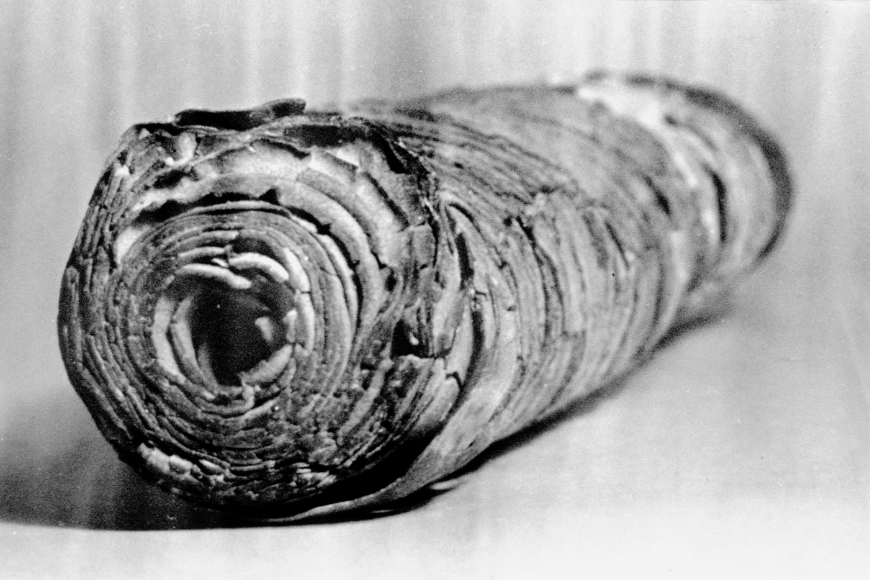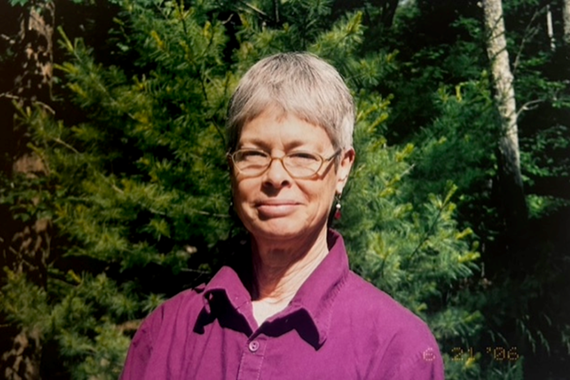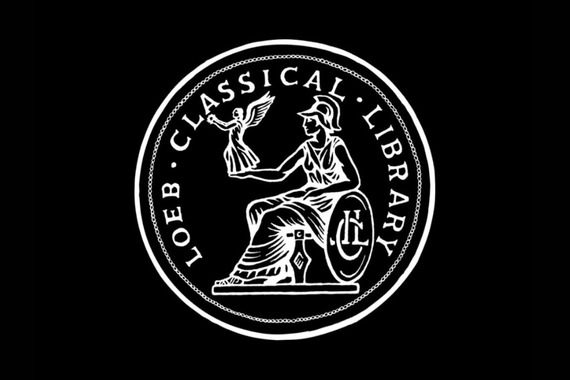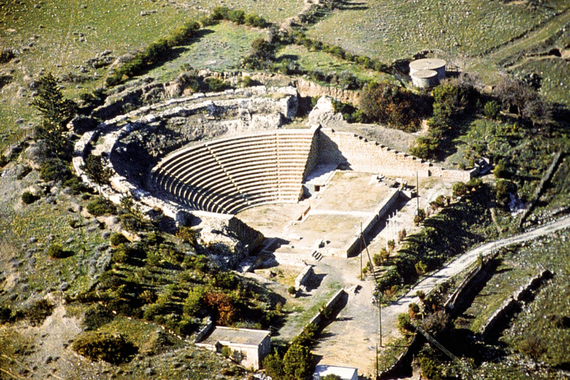PhD Candidate Jeff Cross wins Fulbright Postdoctoral Fellowship
Jeff Cross, Ph.D. candidate in Religions in Antiquity, has won a Fulbright Postdoctoral Fellowship in the Department of Bible at The Hebrew University of Jerusalem. The fellowship will run for 20 months beginning in March 2024. The host/mentor at HUJI will be Professor Noam Mizrahi who is the Chair of the Department of Bible and Director of the Orion Center for the Study of the Dead Sea Scrolls and Associated Literature in Jerusalem. He is currently completing his dissertation, “Reimagining the Rule Texts: Genre and Scribal Rewriting in Serekh ha-Yahad and the Damascus Document, " under the direction of Professor Bernard M. Levinson, the Berman Family Chair of Jewish Studies and Hebrew Bible. Here is Jeff's project description:
Project Title: “The Dead Sea Scrolls and Hellenistic Stoicism: Contributing to the More Equitable Intellectual History"
Conceptual similarities are discernible within a number of Hebrew texts found among the Dead Sea Scrolls and texts representing the views of Hellenistic Stoicism. Jewish authors writing in Hebrew during the Hellenistic period (ca. 323-30 BCE) not only adapted and transformed Stoic concepts. Additionally, the philosophical concepts of both groups of intellectuals were influenced in similar ways by broader causal factors characteristic of the Hellenistic Mediterranean world.
Ordinarily, these literatures are studied in isolation from one another and kept in academic silos according to their different languages and the current disciplinary boundaries of biblical studies and ancient philosophy. This manner of organizing knowledge is what I seek to challenge. My research for this project will demonstrate philosophical engagement between Jews (writing in Hebrew) and Greek and Roman intellectuals and situate their interactions in the larger Hellenistic intellectual and cultural matrix. By highlighting the Jewish contribution to philosophical discourse prior to the rise of Christianity, I seek to put two routinely isolated literatures into dialogue and model a more equitable and holistic intellectual history of the ancient Mediterranean.



